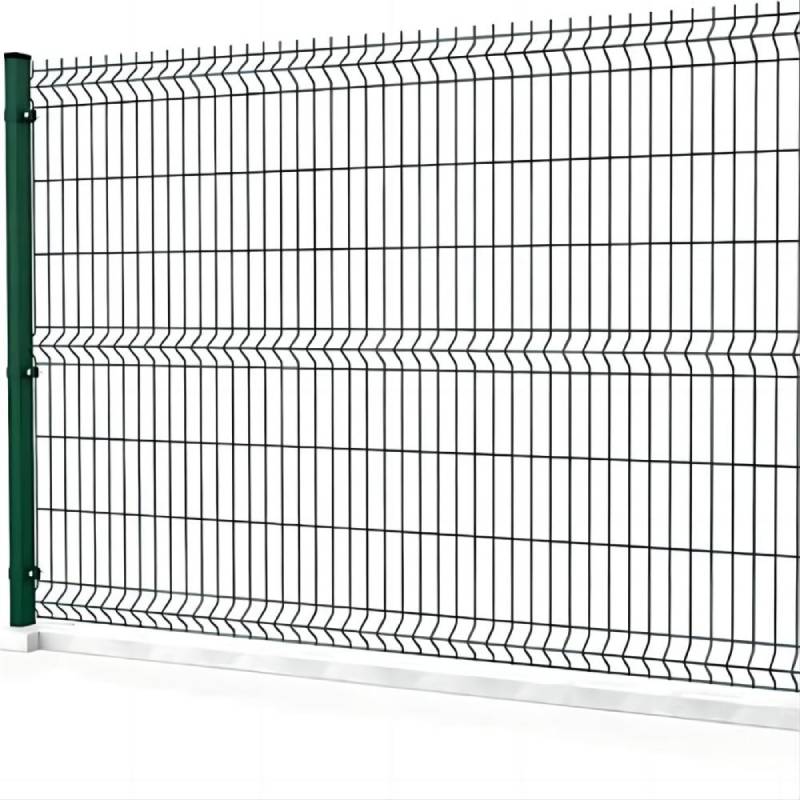Wire Solutions for Poultry Fencing to Ensure Safety and Durability for Your Chickens
Understanding Wire Fencing for Chicken Enclosures
When it comes to raising chickens, creating a safe and secure environment for them is paramount. One of the most effective solutions for enclosing chickens is wire fencing. Utilizing wire for chicken fences not only ensures the safety of your flock but also provides various benefits that make it an ideal choice for poultry farming.
The Importance of Fencing in Poultry Farming
Chickens, by their very nature, are curious creatures. They love to peck and scratch the ground, exploring their surroundings. However, this curiosity can sometimes put them at risk. Predators such as foxes, raccoons, and hawks are always on the lookout for an easy meal. A robust wire fence acts as a barrier, protecting chickens from these threats while allowing them the freedom to roam within a designated area.
Types of Wire Fencing for Chickens
There are different types of wire fencing suitable for chicken enclosures, each with its advantages
1. Chicken Wire This is the most common type of wire used for chicken fences. Made from thin, galvanized wire, chicken wire is lightweight and easy to install. Its mesh structure is perfect for keeping chickens in and small predators out. However, it may not be as effective against larger animals like raccoons, which can reach through the mesh.
2. Welded Wire Fencing Stronger than chicken wire, welded wire fencing consists of thicker wires that are welded at intersections, creating a sturdier barrier. It is more durable and can withstand wear and tear from larger predators. Welded wire is ideal if you have a concern about bigger animals trying to breach your chicken enclosure.
3. Hexagonal Wire Fencing This type of wire is also known as rabbit fencing. It features a hexagonal mesh pattern, which is quite robust. This type of wire can effectively keep chickens contained while providing good visibility. It is suitable for those looking for a balance between strength and visibility.
Installation Tips
wire for chicken fence

When installing a wire fence for chickens, there are several factors to consider
- Height Ensure the fence is tall enough to prevent chickens from flying over. A height of at least four to six feet is often recommended.
- Buried Bottom To thwart digging predators, bury the bottom of the wire fence at least six inches underground or use a footer made of concrete.
- Gates and Openings Ensure that any openings or gates are sturdy and secure. Consider using a latch that can’t be easily manipulated by animals.
- Regular Maintenance Over time, wires can rust or become loose. Regularly inspect your fence for signs of wear and repair any damaged sections promptly to maintain its integrity.
Benefits of Wire Fencing
Investing in a reliable wire fence for your chicken coop has numerous benefits. First and foremost, it protects your flock from predators, ensuring their safety. Additionally, wire fencing is generally cost-effective and requires minimal maintenance compared to wooden fencing, which can warp and decay over time.
Moreover, wire fencing supports good airflow and sunlight, promoting a healthy environment for your chickens. It provides visibility, allowing you to keep an eye on your flock without disturbance.
Conclusion
In conclusion, wire fencing is an essential element for any chicken enclosure. With several options available, you can choose the right type of wire fencing that meets your specific needs. By ensuring the safety of your chickens, you not only protect your investment but also contribute to their overall well-being, allowing them a happy and productive life.
-
Space-Saving Chain Fence Hacks Vertical Gardening with Cyclone MeshNewsJul.16,2025
-
Innovations in Iron Nail Wire Production for Modern ConstructionNewsJul.16,2025
-
Creative Uses of Wire Netting Fence in Modern Landscape DesignNewsJul.16,2025
-
Barbed Wire Fence Innovations in Anti-Climb TechnologyNewsJul.16,2025
-
Architectural Uses of Umbrella Nails for Aesthetic Roof DesignsNewsJul.16,2025
-
Architectural Uses of Razor Barbed Wire in Secure Urban DesignNewsJul.16,2025




